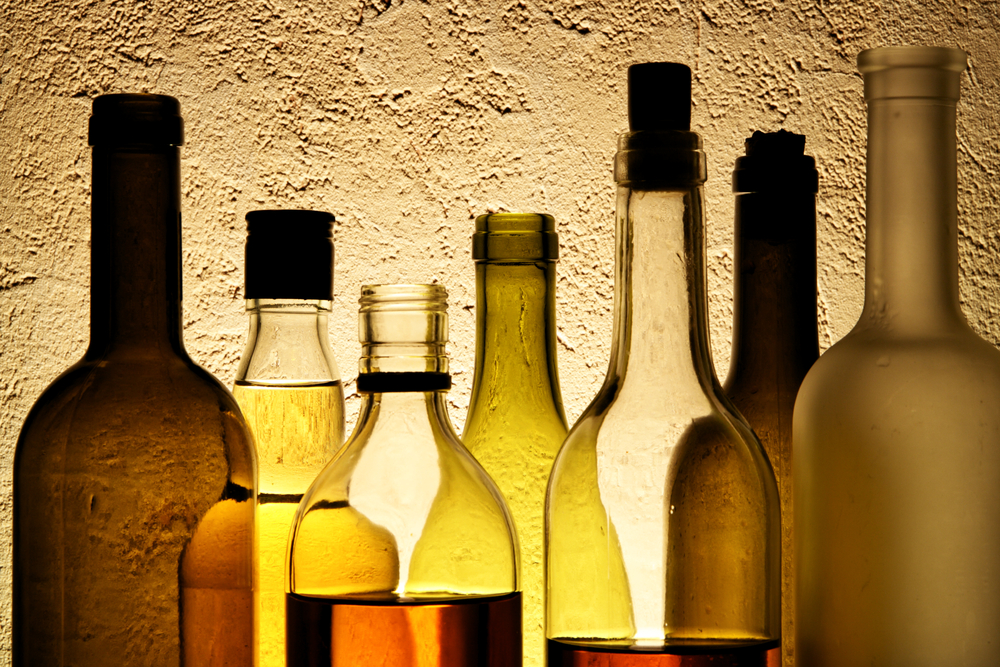Epilepsy Drug Shows Promise in Treating Alcohol Dependence

A drug typically used to treat epilepsy may also be effective in treating alcoholism, the results of a clinical trial suggest.
Alcohol-dependent patients who took gabapentin, an anticonvulsant medication, were more likely to stop drinking or at least abstain from heavy drinking than those taking a placebo, the study found. What's more, participants receiving gabapentin also slept better, showed improvements in mood and had fewer alcohol cravings, with few side effects, the researchers said.
According to the National Institutes of Health (NIH), 18 million people in the United States are affected by alcohol-use disorders, but there are few drug options available. [7 Ways Alcohol Affects Your Health]
There are just three medications used to treat alcohol dependence that have been approved by the Food and Drug Administration. One drug called disulfiram discourages drinking by making it quite unpleasant — it blocks the metabolism of alcohol and causes nausea, vomiting and other nasty side effects when a person drinks.
Another medication, acamprosate, is thought to help restore the chemical balance in the brains of alcohol-dependent people after they stop drinking, and the third, naltrexone, blocks the brain's opiod receptors and has been shown to ease addicts' cravings for drugs and alcohol.
Gabapentin showed similar or greater positive outcomes compared with these existing treatments, said study researcher Barbara Mason, of the Scripps Research Institute in La Jolla, Calif.
"Plus, it's the only medication shown to improve sleep and mood in people who are quitting or reducing their drinking, and it's already widely used in primary care — that's an appealing combination," Mason explained in a statement.
Get the world’s most fascinating discoveries delivered straight to your inbox.
Patients in the trial were randomly assigned to receive a moderate dose (900 milligrams) or high dose (1,800 milligrams) of gabapentin, or a placebo during a 12-week course of treatment.
Compared with people in the placebo group, alcohol-dependent participants using the high dose of gabapentin were twice as likely to refrain from heavy drinking, and four times as likely to stop drinking altogether, the researchers said. The smaller dose of gabapentin produced less dramatic results.
The researchers reported that patients in the clinical trial experienced few negative side effects. The NIH says the side effects of gabapentin include drowsiness, anxiety, headaches and nausea.
The National Institute on Alcohol Abuse and Alcoholism, part of the NIH, funded the study. It was detailed this month in the journal JAMA Internal Medicine.
Follow Megan Gannon on Twitter and Google+. Follow us @livescience, Facebook & Google+. Original article on LiveScience.



